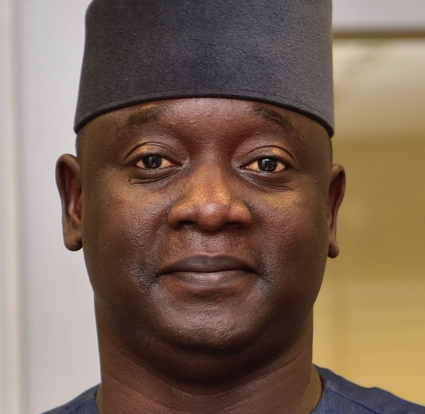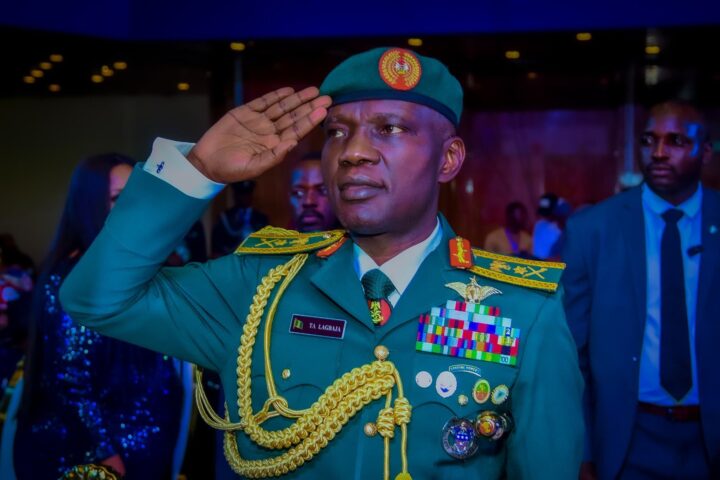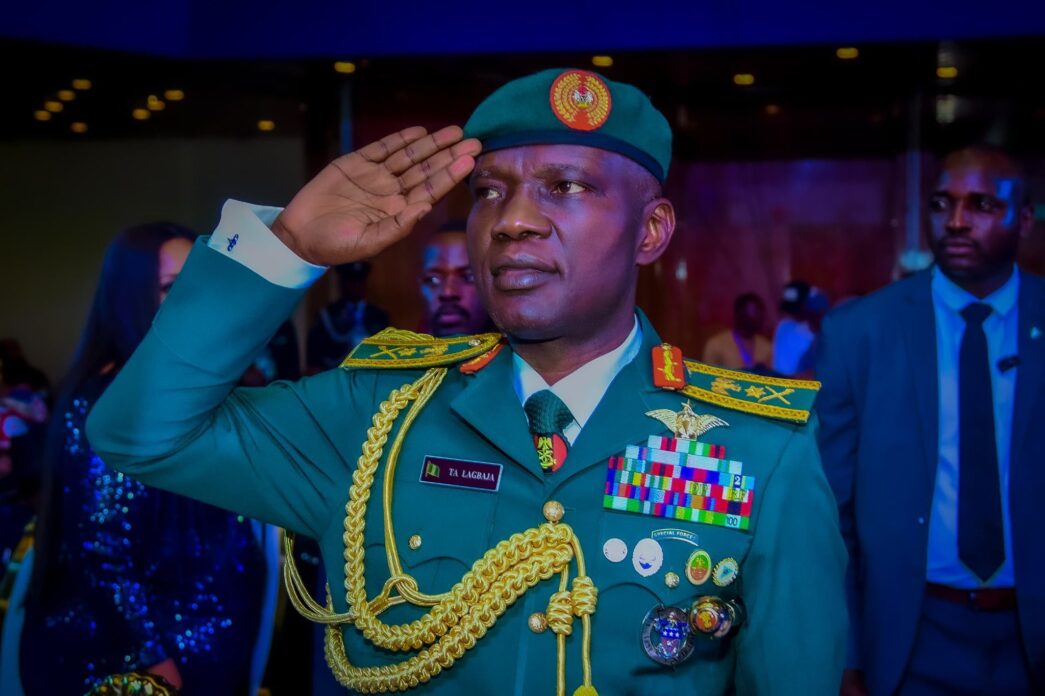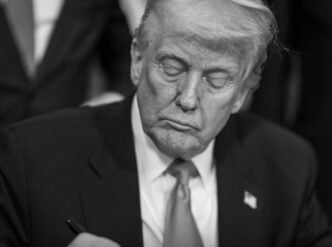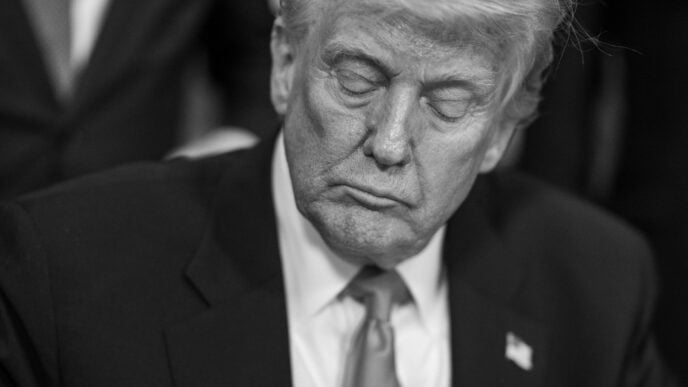Today marks one year since the silent guns heralded the passing of Lieutenant General Taoreed Abiodun Lagbaja, who was taken from us while serving as Nigeria’s Chief of Army Staff. For those of us who worked with him in Kaduna and beyond, the calendar has moved, but the sense of loss remains as profound as ever. He was not just a soldier and a patriot; he was many things to many people. To me, he was a tremendous ally and a brother in arms, forged in the crucible of Kaduna’s most challenging security battles. The anniversaries of a loved one are never easy, but they provide a sacred space for reflection—to measure the enduring footprint of a life well-lived and to give thanks for a mission, though interrupted, that was pursued with unwavering conviction.
Reflecting on the tribute I penned last year, his image returns with startling clarity: the officer who arrived in Kaduna not with pompous declarations, but with a quiet, steely resolve. He was, unmistakably, a man on a mission. I remember our first meeting vividly. We sat for hours, pouring over maps and intelligence dossiers that detailed the grim reality of the time: the audacious attacks on the Federal College of Forestry Mechanization, the Kaduna-Abuja train, the Nigerian Defence Academy, and the relentless terror on the state’s key highways. He listened more than he spoke, his gaze fixed, absorbing the profiles of bandit kingpins and the complex topography of their enclaves from Birnin Gwari to the hills of Kabrasha and Gwagwada. He immediately stressed the need for the state government to expand its human intelligence networks—a critical suggestion which former Governor Nasir El-Rufai approved instantly, directing me to implement it without delay.
There was a compelling symbolism in General Lagbaja’s arrival; a member of the 39 Regular Course assuming office as the 39th General Officer Commanding of the 1 Division. It felt less like a coincidence and more like destiny aligning for a purpose. Indeed, the 39 Regular Course has proven unique in Nigerian military history, producing an exceptional number of service chiefs and senior commanders—a legacy of excellence that General Lagbaja not only joined but profoundly enhanced.
His impact was immediate and transformative. General Lagbaja was a field officer to the core, a commander who believed leadership was not a remote-control exercise. He infused the ranks with an energy of relentless, offensive action. The “high press” strategy he embodied—a term I use deliberately—meant that for the first time in a long while, the bandits were the ones constantly looking over their shoulders. He flipped the script. I recall barely being able to keep up with the cascade of operational updates that began just days after his resumption: the rescue of six women near Kuriga-Manini, the liberation of ten chained hostages after a fierce gun battle at Daban Kwalba, and the decisive ambushes along the Kasarami area that finally allowed commuters to breathe easily.
Advertisement
His methodology was a masterful blend of force and cunning. I remember one particular instance where he suggested we not immediately publicize a major success on the Kaduna-Abuja Road. Lagbaja understood that silence was a tactical weapon. He kept troops strategically positioned, and as anticipated, more bandit groups, unaware of their comrades’ fate, walked into the same lethal ambushes. This stratagem yielded even greater successes to announce later—the mind of a master strategist at work.
His 249 days in Kaduna were a masterclass in focused leadership. The statistics—147 armed criminals neutralized by ground troops (a figure that nearly doubles with air strikes), 210 kidnapped victims rescued, and massive recoveries of firearms and ammunition—tell only part of the story. His greatest achievement was ensuring the 2023 elections in Kaduna State were conducted peacefully, a feat many had declared impossible. We built scenarios based on real-time intelligence, and with Lagbaja’s exceptional operational capability, multidimensional threats were quelled across Kaduna, Kano, Niger, and Jigawa states—his entire Area of Responsibility.
He was a force of nature, a commander whose commitment was visceral. I will never forget a scheduled meeting I couldn’t attend, only to discover he had spent the night in the bush with troops who had recorded a success at Galbi, crossing a river with them to overpower a terrorist enclave. His message to me came from the front: he was just leaving Galbi for Gwagwada. That was the man he was—his office was wherever his troops were.
Advertisement
The state government and security forces partnership, born of necessity, blossomed into a firm synergy of action and results. We worked in lockstep through tragic and trying times, maintaining painful nights of vigilance from Katari to Sabon Gayan along the Kaduna-Abuja Road and the rail corridor. Our watch extended from Udawa to the Kurebe Hills, while Operation Safe Haven covered the Southern Kaduna flank. I recall one incident in Birnin Gwari where the grief and fury of the moment revealed the deep passion of a commander who cared profoundly for both the citizenry and his troops. He was in a class of his own. When his posting to Army Headquarters as Chief of Operations was announced, the emotion in the room was palpable. My principal, who had immense confidence in him, felt the weight of the moment. We had shared a brief but intensely productive chapter, and the state lost a GOC who had won the hearts and minds of its people.
His subsequent appointment as Chief of Army Staff was a natural progression for a soldier of his calibre. He was devoted to a philosophy of transforming the Nigerian Army into a well-trained, equipped, and highly effective force. It is a profound tragedy that he did not have more time to see this vision fully realized.
Yet, in his passing, a final, powerful affirmation of his life’s work has been delivered. This October, the United States Army War College posthumously inducted Lieutenant General Taoreed Abiodun Lagbaja into its International Hall of Fame. This is not a mere ceremonial gesture. It is one of the institution’s highest international recognitions, and in its 124-year history, General Lagbaja stands as the first Nigerian Army officer to be so honored. This historic induction, received by his beloved wife Mrs. Mariya Abidun Lagbaja, celebrates what we in Kaduna witnessed firsthand: his “sterling leadership, visionary service and exceptional contributions to the advancement of military professionalism and international peace and security.” To see him enshrined among the world’s finest military leaders confirms that the qualities we admired were virtues of a global standard.
A year on, the greyness of grief persists. But it is tempered by an immense gratitude for having known and worked with a leader of such exceptional character. Lieutenant General Lagbaja’s watch was all too short, but his mission—to lead from the front, to protect the vulnerable, and to exemplify the highest standards of soldiery—was accomplished with unparalleled dedication. May his noble soul continue to rest in perfect peace. Amen.
Advertisement
Aruwan writes from Ahmadu Bello University, Zaria.
Views expressed by contributors are strictly personal and not of TheCable.
